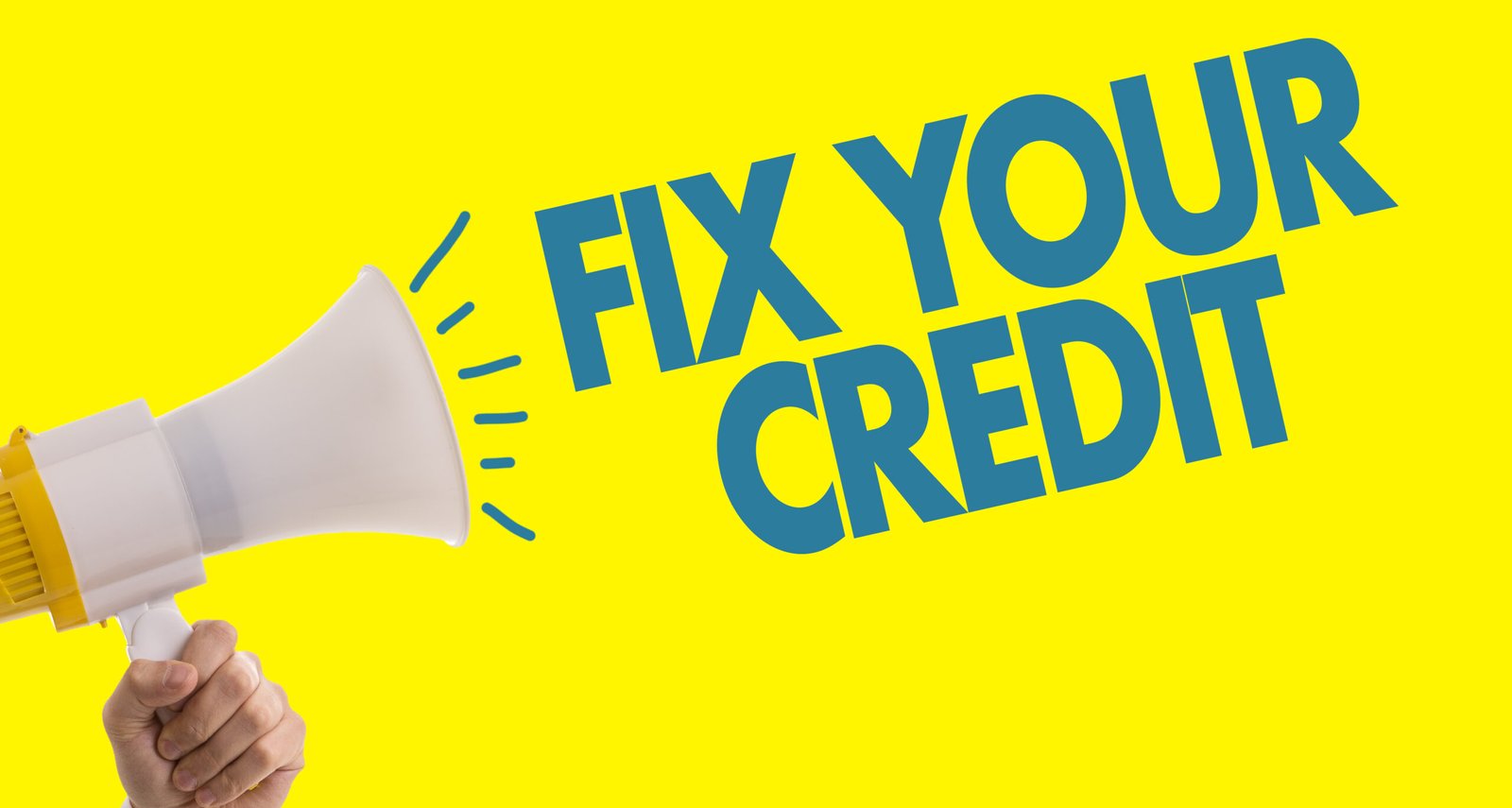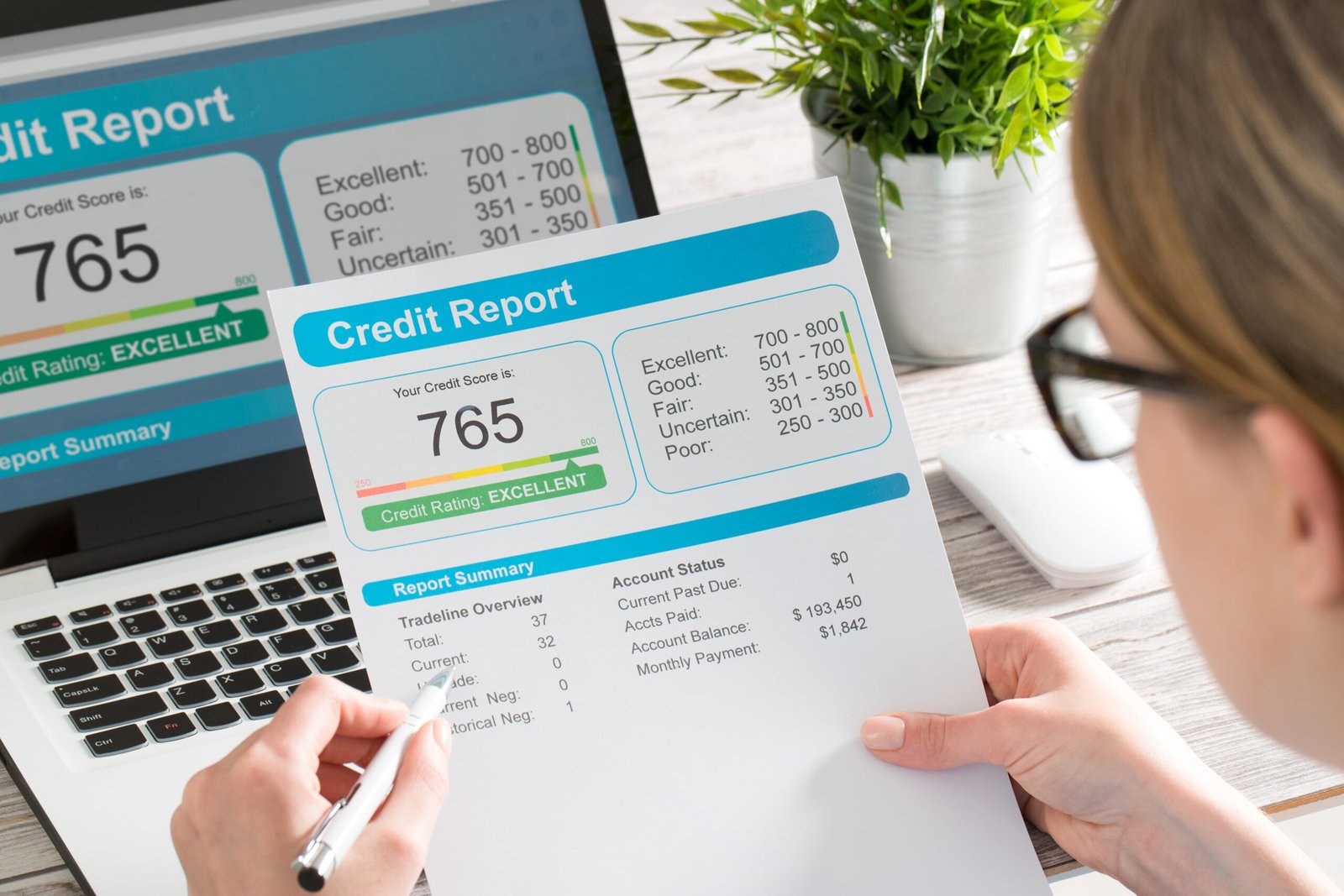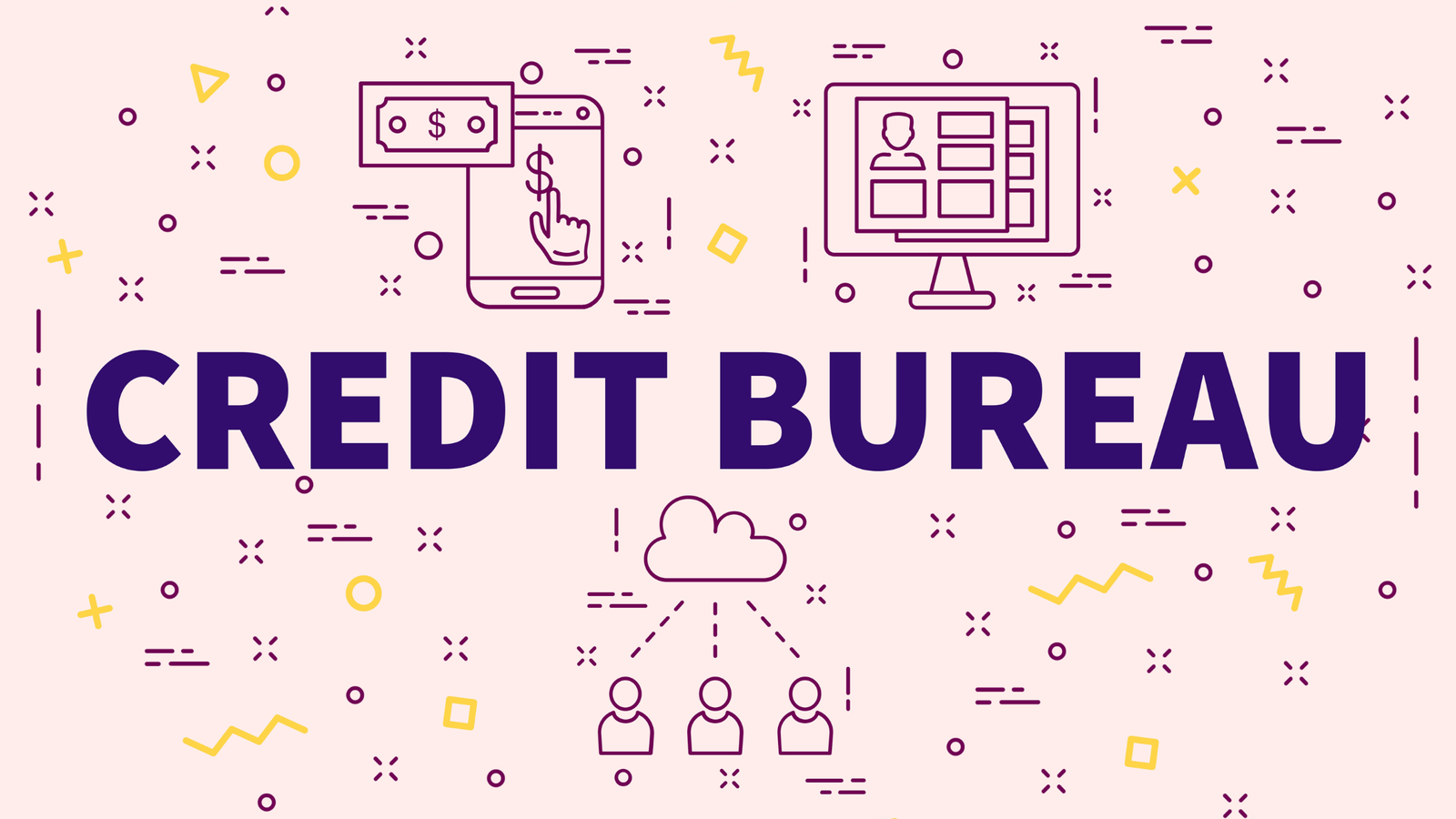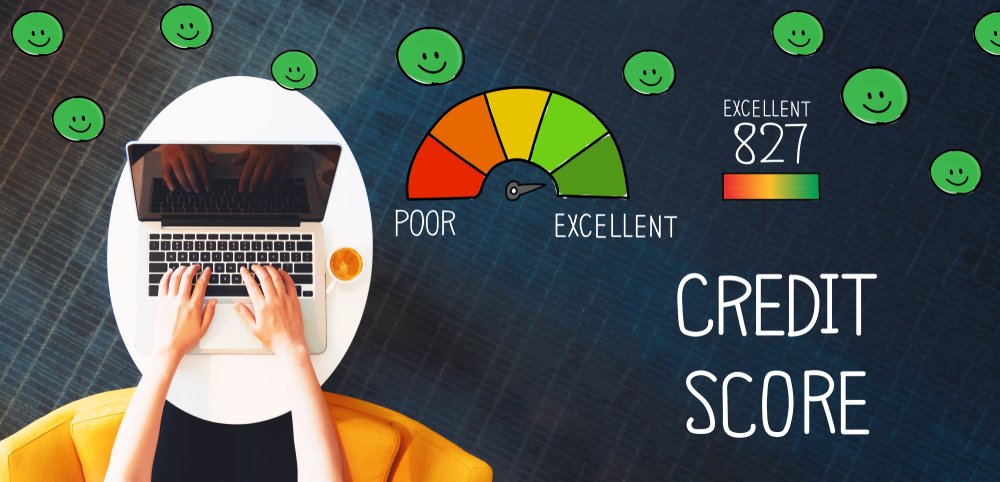5 Steps to Better Credit
Credit scores are a key factor in credit decisions. They help lenders evaluate credit risk and determine whether to approve a loan or credit card. A low credit score can lead to higher interest rates and may even prevent you from getting approved for credit altogether.
If your credit is currently keeping you from qualifying for a loan or credit card, don’t despair—there are many things you can do to start establishing or reestablishing your credit history. And the key is to start small and be patient.
Here are 5 steps you can take on the road to credit recovery:
1- Check All 3 Credit Reports for Problems
First, check your credit report for errors and dispute any inaccuracies. There are three major credit bureaus—Experian, Equifax and TransUnion—and each has its own credit report and score. That means everyone actually has three credit scores.
When considering you for credit, lenders might look at all three reports or just some. For this reason, it’s important to review each of your reports to make sure every item that is listed is fair, accurate and substantiated.
Checking your credit reports from each of the three main credit reporting agencies is easy. Under the Fair Credit Reporting Act, you have the right to obtain a free copy of all three credit reports every 12 months. These free reports can be accessed on the government-mandated site operated by the big three credit bureaus, AnnualCreditReport.com
2- Be Sure to Make Your Payments On Time
Second, make all of your payments on time, including utility bills, credit cards and loans. Payment history is the biggest factor in determining your credit score, so it’s important to make all your payments on time, every time. If you have trouble remembering due dates, set up automatic payments.
If you have a missed payment here and there, try calling your lender or credit card company and ask them for forgiveness. If you’ve been with your lender for many years and have a good payment history overall, they may be willing to stop reporting the late payment as a way to thank you for your business. It never hurts to ask.
3- Lower Your Credit Utilization Ratio
Third, pay attention to your credit utilization ratio and keep it as low as possible. This refers to the amount of credit you’re using compared to the total amount of credit you have available. For example, if you have a credit card with a $1,000 limit and you’re carrying a balance of $500, your credit utilization ratio would be 50%. Ideally, you want to keep your credit utilization ratio under 30%.
keep your credit balances low relative to their credit limits. When used responsibly, credit can actually help you improve your score. But if you max out your credit cards or regularly carry a balance from month to month, it will have the opposite effect.
4- Avoid Closing Unused Credit Accounts
Fourth, don’t close unused credit accounts because they help you maintain a lower credit utilization ratio. Many people do the opposite, and close their old credit cards that aren’t being used anymore. Keep in mind, your credit utilization ratio considers your total available credit limit, and this includes cards you’re not using anymore. Closing a credit card might end up causing your ratio to spike and this will bring your credit score lower.
Instead, put your unused credit cards in a safe place so they don’t get in the wrong hands. You might even consider destroying the card and not keeping it all. Another great idea is to sign up for a credit monitoring service like LifeLock to keep all of your accounts safe from fraud or identity theft.
5- Don’t Be Afraid to Ask for Help
Fifth, repairing your credit by yourself can be a daunting task. Most people aren’t up for it and would instead prefer to have a professional credit repair company handle their case for them. An experienced credit repair company will work with your creditors and contact the bureaus about the items listed on your report on your behalf. And because they do this every day for all types of clients, they might get better results than you would if you were to attempt to fix your credit on your own.
If you’re considering the help of a credit repair company, we’ve narrowed the options down to what we believe are the best credit repair companies to use to restore your credit.
By following these simple tips, you can work to improve your credit score and get the financial life you want. Remember, the most important step is to simply get started. Take the first step today by requesting your three free credit reports or by calling one of the credit repair companies listed on our website to get a free phone consultation.










